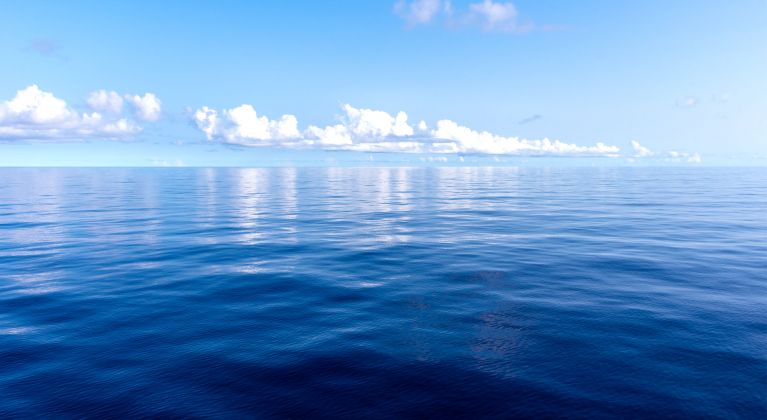
Executive Order on immigration affects vessel crews
- Home
- Latest updates
- News
- Executive Order on immigration affects vessel crews
Article source: Freehill Hogan & Mahar LLP
On 27 January 2017, President Trump issued an Executive Order (E.O.) entitled Protecting the Nation From Foreign Terrorist Entry Into the United States. This E.O. will impact vessels calling in the U.S. with crew members on board who are citizens of Syria, Yemen, Sudan, Somalia, Iraq, Iran and Libya.
Temporary Ban on Immigrant and Non-immigrant Entry Into the U.S.
The key provision of the Order which will impact vessels' crew is Section 3(c), banning for 90 days any immigrant or non-immigrant entry into the U.S. of foreign citizens from Syria, Yemen, Sudan, Somalia, Iran and Libya. Having reviewed the Order, we think it is clear that for the next 90 days crew members from Syria, Yemen, Sudan, Somalia, Iraq, Iran and Libya, whether or not they hold visas, will be denied entry to the U.S. Shipowners should anticipate that crew from the seven affected countries will be denied shore leave if their vessel calls at a U.S. port. Although it is difficult to predict how the E.O. will be fully implemented, we do not believe that vessels carrying crew from the seven countries will be denied entry into a U.S. port. However, we would not be surprised if a vessel were ordered to post hired security guards at the vessel's gangway to insure that such crew members do not depart the vessel.
In addition, crew replacements in the U.S. will be complicated, if not prohibited, by the E.O., if they involve crew from any of the seven designated countries. At least initially, we would expect CBP, Homeland Security and INS to exercise very limited, if any, discretion in the enforcement of this E.O. News reports of the initial implementation suggest that the E.O. was being applied to the letter of its terms. Therefore, it is recommended that for the next 90 days, shipowners should avoid crew changes in the U.S. involving crew from any of the seven countries.
Of course, a medical emergency may necessitate a crew replacement in the U.S. Section 3(g) of the E.O. provides that, notwithstanding the 90 day ban on the entry in to the U.S. of immigrant and non immigrant persons from the seven designated countries, "...the Secretaries of State and Homeland Security may, on a case-by-case basis, and when in the national interest, issue visas or other immigration benefits to nationals of countries for which visas and benefits are otherwise blocked." If a medical emergency necessitates a crew change in the U.S., and if either the crew member to be removed from the vessel, or the replacement crew member; is from one of the seven designated countries, Section 3(g) may serve as a basis to seek an exception to the 90 day immigration ban.
At this point the implementation of the E.O. is not entirely clear. For example, initially it appeared that it would apply to foreign citizens who are permanent residents of the U.S. (green-card holders) but on January 29th the Secretary of the Department of Homeland Security issued a statement that the re-entry into the U.S. of foreign permanent residents was in the national interest and their entry would be permitted "...absent the receipt of significant derogatory information indicating a serious threat to public safety and welfare ...". There may be further clarity regarding the implementation of the E.O. in the days to come.
Should we become aware of further developments regarding this E.O., we will advise.

